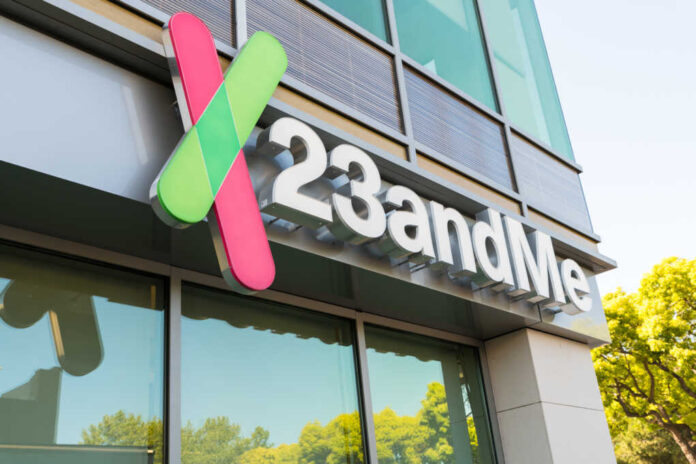
A coalition of 27 attorneys general is challenging the proposed sale of 23andMe’s genetic database to Regeneron Pharmaceuticals, arguing the bankrupt company cannot hand over personal DNA data without fresh user consent.
At a Glance
- Twenty-seven states and Washington, D.C., filed suit to block the transfer of genetic data in 23andMe’s bankruptcy sale
- Regeneron has offered $256–315 million to buy the company and its consumer DNA database
- State officials argue that DNA is too sensitive to be sold without clear, informed consent from each affected individual
- A federal bankruptcy court has appointed a privacy ombudsman to assess the risks to consumer data
- The legal fight raises urgent questions about who controls genetic information when tech companies collapse
States Move to Block Sale of Genetic Data
A group of attorneys general from across the country is seeking to block the sale of 23andMe’s genetic data as part of the company’s bankruptcy proceedings. The lawsuit, filed in federal court, targets a pending acquisition by Regeneron Pharmaceuticals, which is poised to purchase the struggling DNA testing company for over $250 million. The states argue that consumer genetic information cannot legally be transferred to a new owner without renewed, explicit permission.
Watch a report: States sue to stop sale of your DNA.
Privacy at the Heart of the Fight
Leading the charge, Oregon Attorney General Dan Rayfield declared that DNA data is “too personal, too permanent, and too private” to be treated like ordinary business assets. The lawsuit warns that allowing the sale of these records without updated consent violates both consumer trust and basic privacy rights. The states are seeking an injunction that would prevent the company from transferring any genetic material unless each customer affirmatively agrees.
To review the potential privacy fallout, a court-appointed ombudsman has been assigned to assess whether the sale adheres to existing privacy laws and ethical standards.
Bankruptcy Tensions and Consumer Protections
23andMe filed for Chapter 11 protection in March 2025 after years of declining revenue. Regeneron, one of the largest pharmaceutical firms in the U.S., has emerged as the lead bidder. Although the company has pledged to honor 23andMe’s existing privacy commitments, the attorneys general insist that those promises cannot survive a change in ownership without direct consumer reauthorization.
Critics argue this sale tests the limits of user agreements made when customers submitted their genetic samples. If approved without additional safeguards, the deal could set a precedent that allows sensitive biometric data to be transferred without oversight whenever companies go bankrupt.
A Turning Point for DNA Privacy
The case has become a flashpoint in the growing debate over how personal genetic data should be stored, shared, and sold. With millions of Americans having submitted saliva samples to companies like 23andMe for ancestry and health insights, the court’s decision could have ripple effects across the entire direct-to-consumer DNA testing industry.
Beyond this single sale, the lawsuit signals a demand for stronger national standards to govern the treatment of biometric data. As the line between consumer convenience and corporate ownership blurs, this legal challenge asks a fundamental question: does your DNA belong to you, or to whoever buys it next?





























